Tomar’s Knights Templar History
Discover the Secrets of the Knights Templar: Explore Our Exclusive Content and Insights
Step into the world of the legendary Knights Templar, a centuries-old brotherhood shrouded in mystery, power, and intrigue. Our blogs are your gateway to uncovering the fascinating history, hidden symbols, and untold stories of the Templars.
Whether you're a passionate history buff, a seeker of adventure, or simply curious about the legacy of this iconic order, you'll find captivating articles, insider tips, and behind-the-scenes insights from our expert-led Templar tours.
Join us as we journey through ancient castles, sacred sites, and forgotten paths that hold the key to understanding the Templars' lasting impact on history. From legendary locations to untold secrets, our blog is the ultimate companion for anyone eager to delve deeper into the world of the Templar Knights.
Explore the mystery today - your adventure awaits!
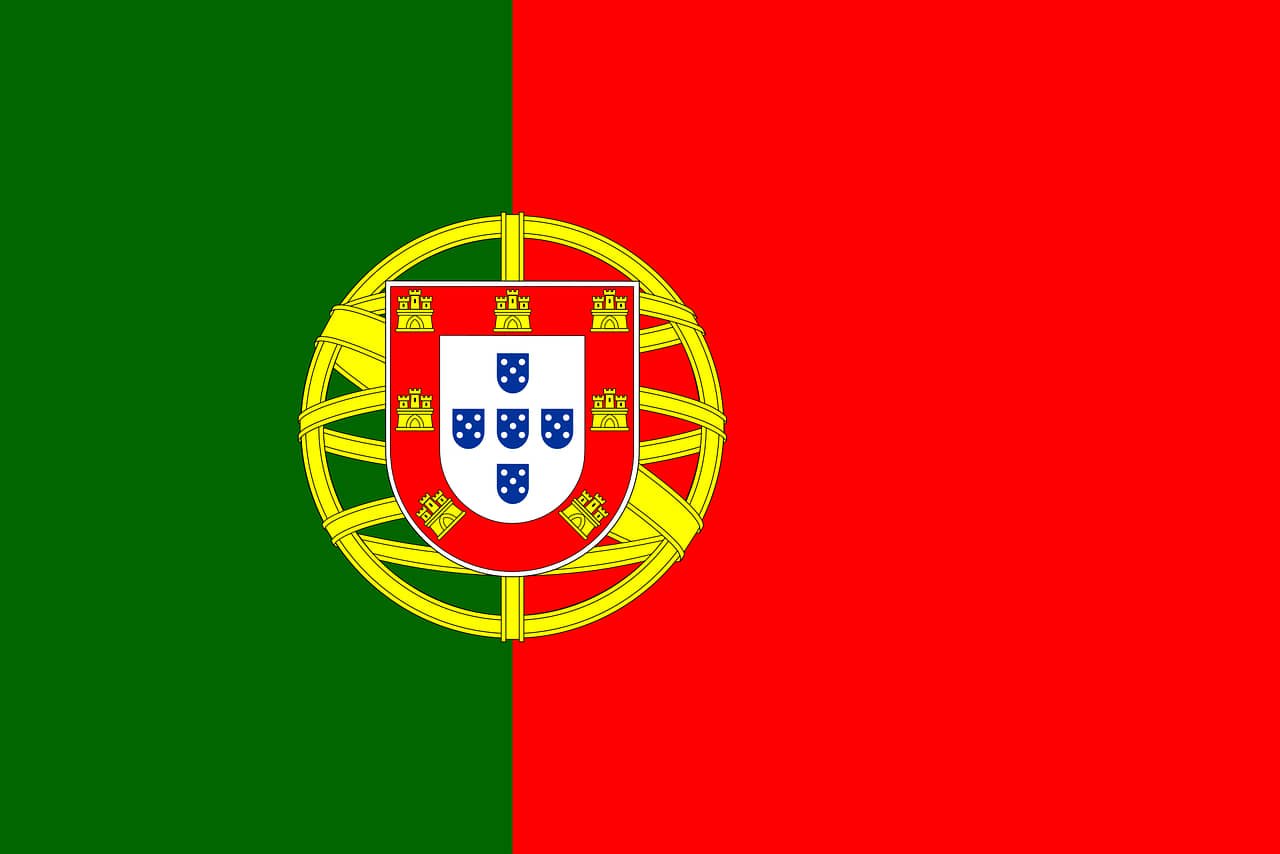
The Origin of the Portuguese Flag – Shields, Castles, and History
The Portuguese flag isn’t just red and green—it’s a story of battles, faith, and national pride. From the five blue shields representing victories and divine favor to the seven castles symbolizing fortresses and territorial unity, every element reflects Portugal’s rich history.
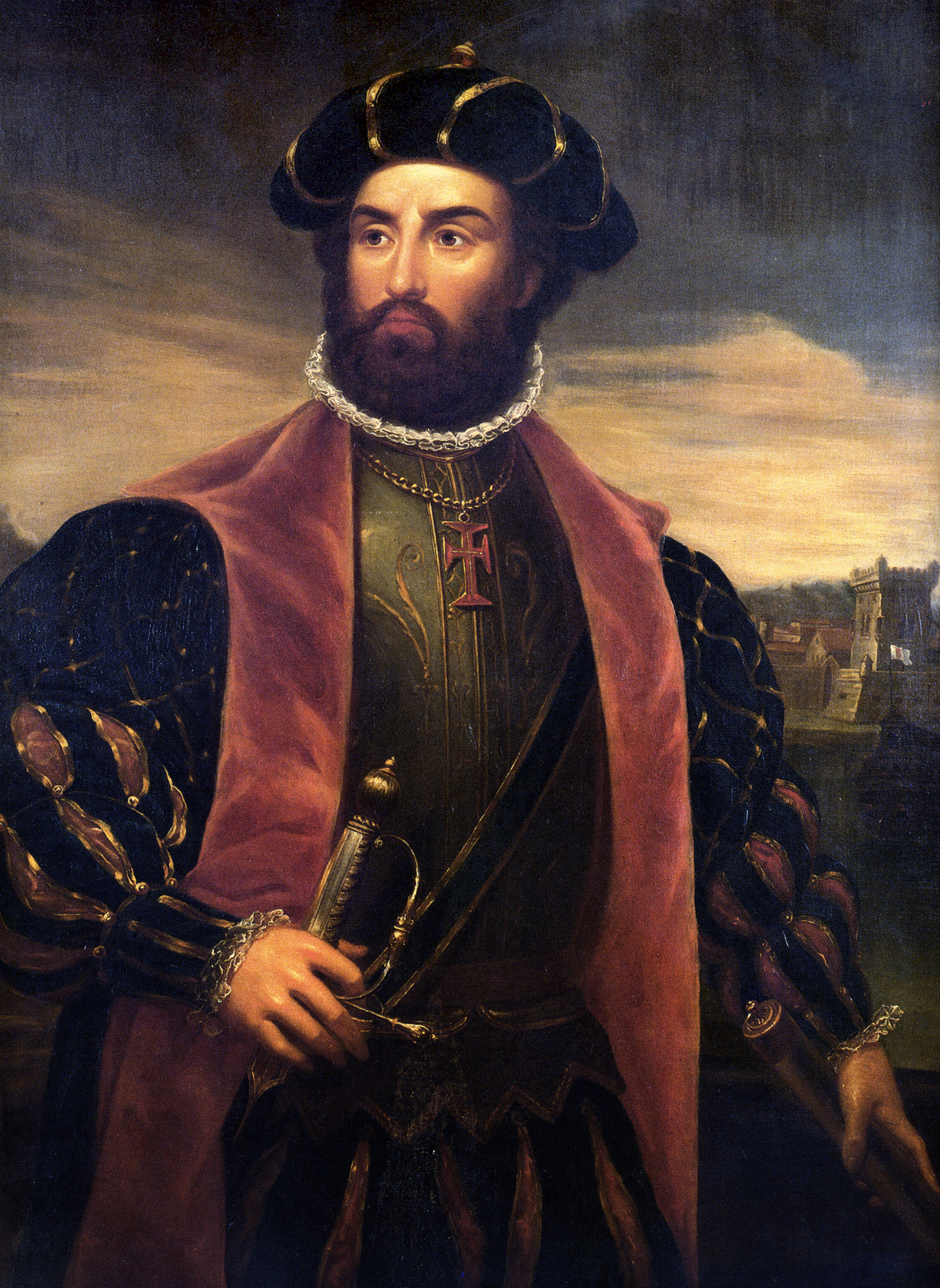
Vasco da Gama, Tomar, and the Order of Christ
Vasco da Gama’s historic journey to India was enabled by Tomar, home of the Order of Christ, which financed ships, trained navigators, and shaped Portugal’s Age of Discoveries.

Ângela Tamagnini: Pioneer and Protector
Ângela Tamagnini was a remarkable figure in Tomar’s history. A pioneer of smallpox vaccination in Portugal and a key negotiator during the French invasions of 1808, she helped protect the city from destruction while dedicating her life to public health and philanthropy. Her family tomb remains in the Church of Santa Maria do Olival, a lasting symbol of her legacy in Tomar.
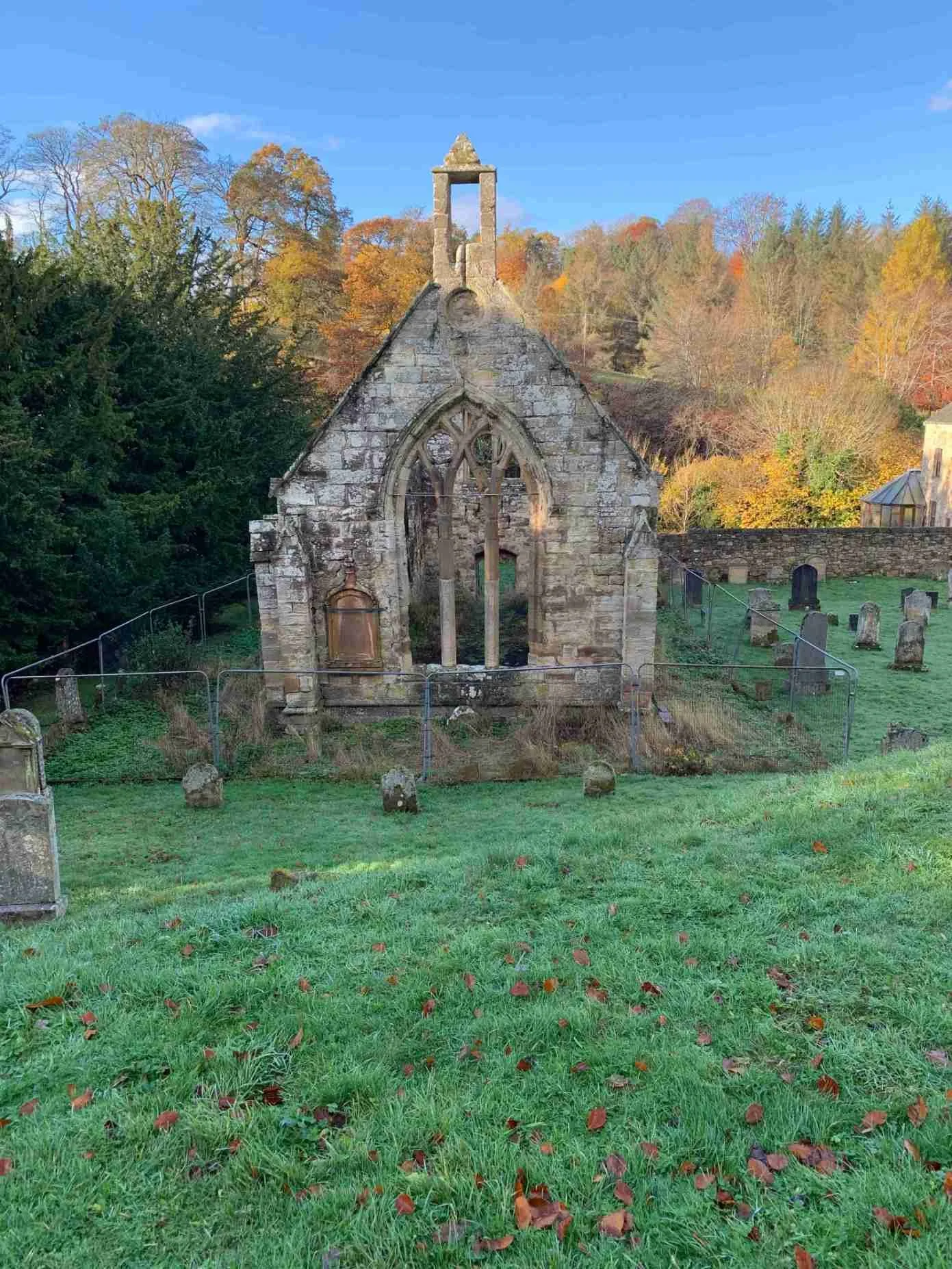
The Knights Templar in Scotland
The Knights Templar were present in medieval Scotland from the 12th century until the suppression of the Order in the early 14th century. Their role was primarily administrative and economic, centred on landholdings such as Balantrodoch (modern Temple) in Midlothian. This article examines what is historically documented about the Templars in Scotland, clarifying their activities, estates, and fate while distinguishing verifiable evidence from later legend.
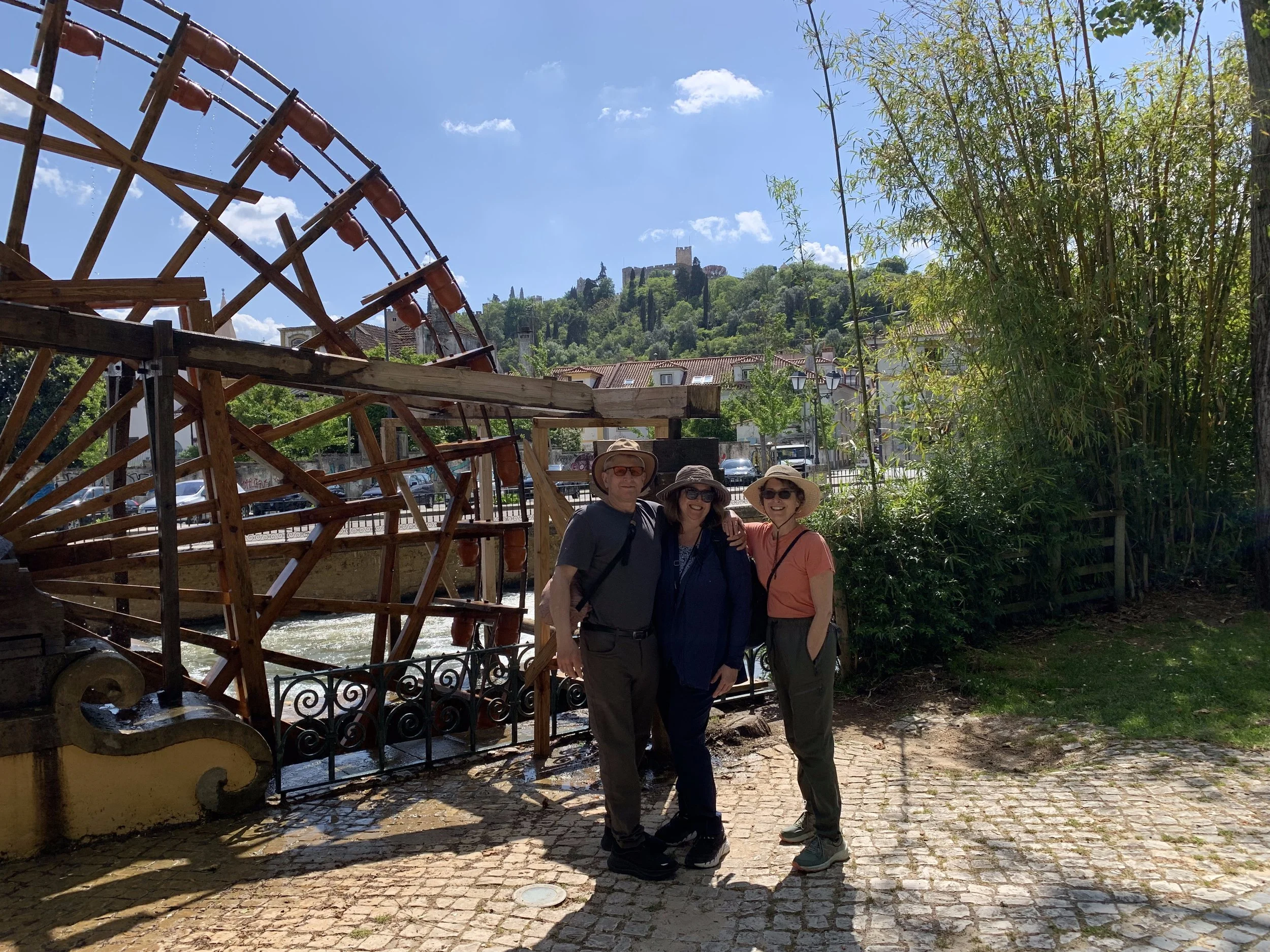
Top 5 Historical Places to Visit in Tomar
Explore the top historical sites in Tomar, Portugal. From the Templar Convent of Christ to the medieval Synagogue, uncover the town’s fascinating history and must-see landmarks.
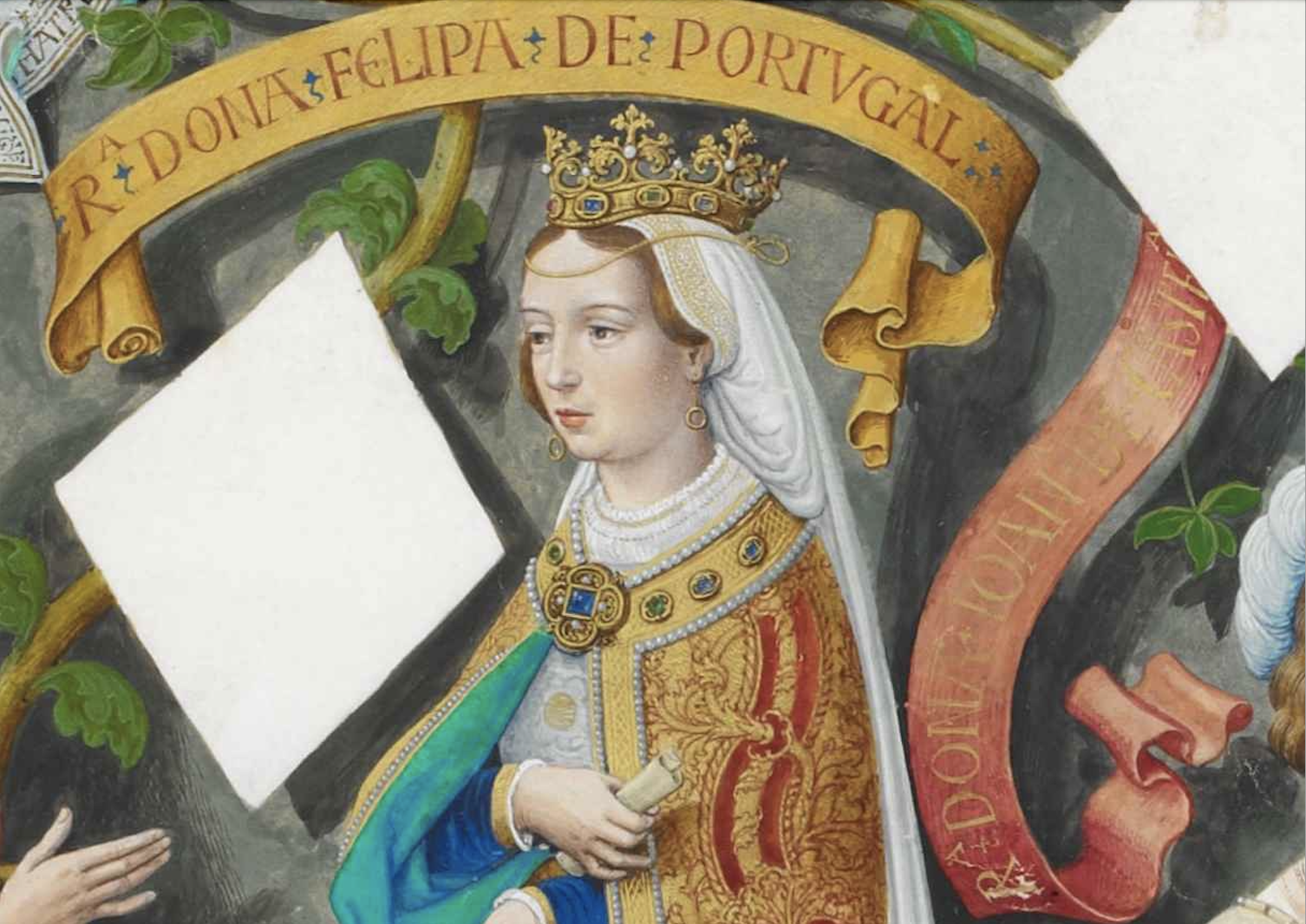
Philippa of Lancaster
"Discover the remarkable story of Philippa of Lancaster, the English princess who became queen of Portugal, mother of explorers, and a key figure in the nation’s Golden Age. From her marriage to King João I to her role in shaping Portugal’s royal family, learn why her legacy still echoes today."
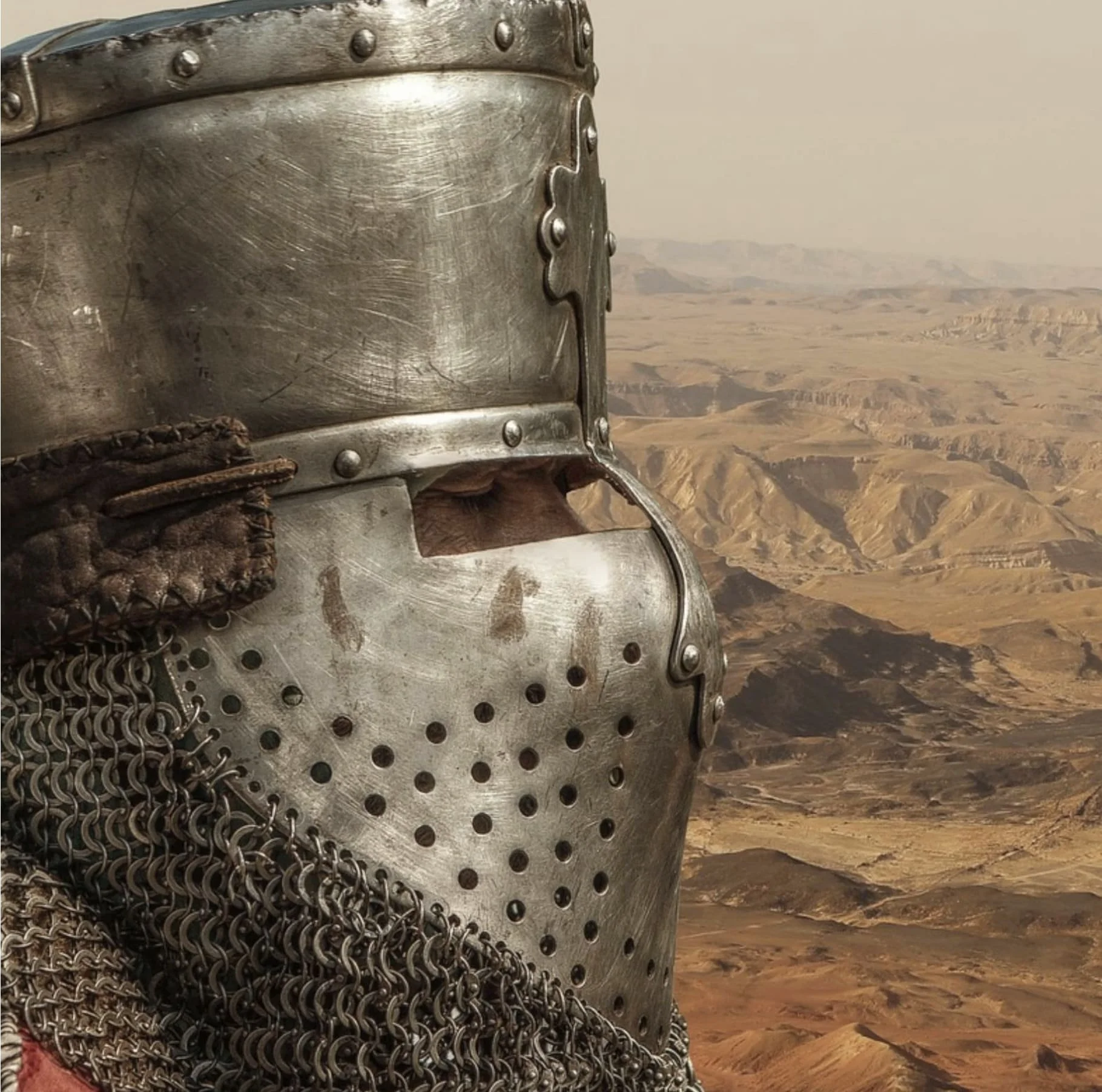
The Road to Hattin: Division and Provocation
In 1187, Saladin crushed the Crusader army at Hattin, precipitating the Third Crusade. This talk examines the causes, campaign, and legacy of one of medieval Christendom’s pivotal confrontations.

History of the Knights Templar in Medieval Ireland
Discover the Irish Templars — their estates, preceptories, and enduring legacy in medieval Ireland. From Dublin to Sligo, learn how the Knights Templar shaped the land.

King Afonso I of Portugal: The Warrior Who Forged a Nation
From rebel son to warrior king, Afonso I carved Portugal’s independence, conquered Lisbon, and founded a nation that still bears his legacy.
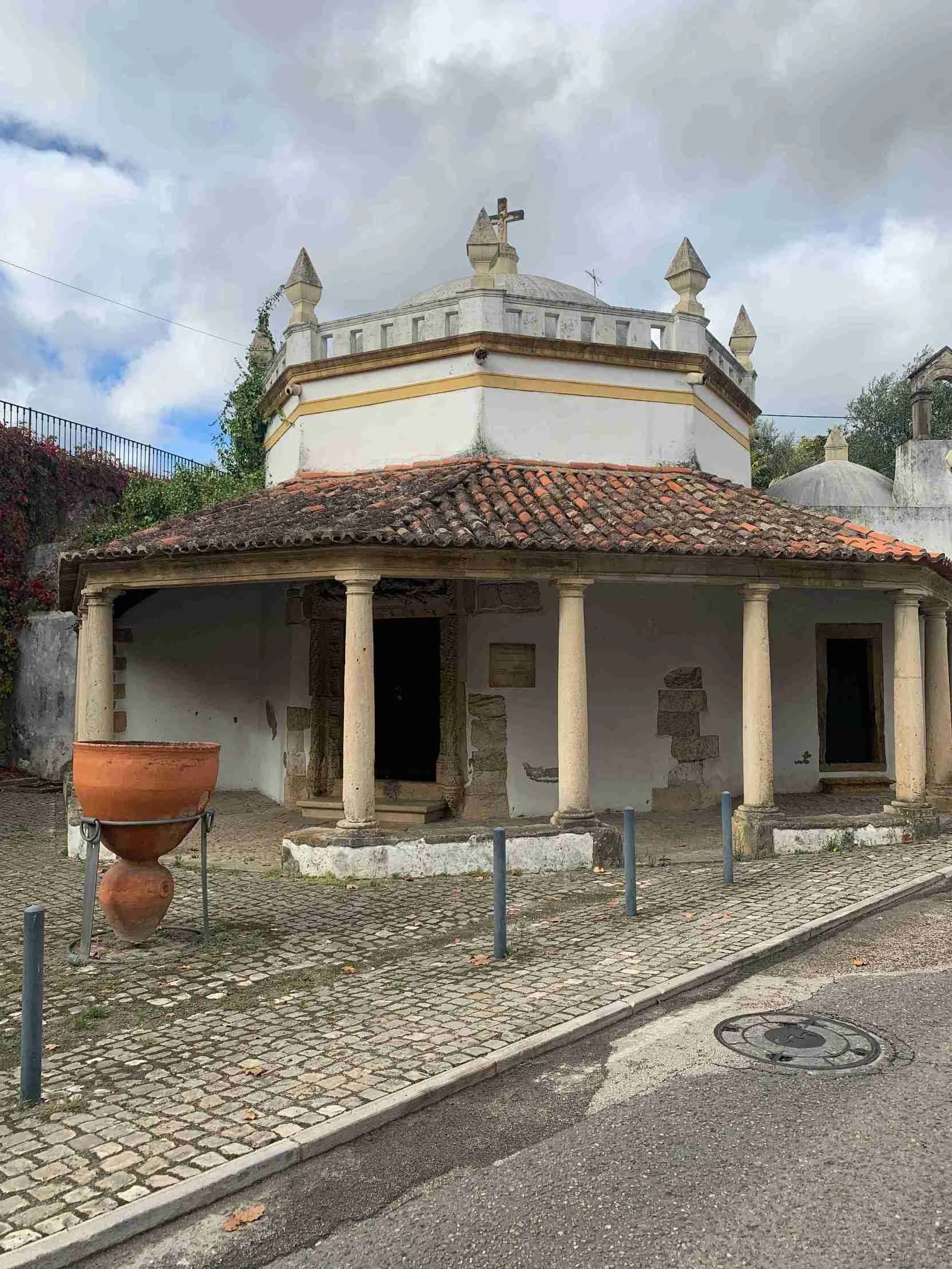
Gregório Lopes - Discover Portugal’s Renaissance Master
Step into Tomar’s Renaissance past through the art of Gregório Lopes, royal painter to King Manuel I and King João III. See his masterpieces at the Church of St. John the Baptist, the Chapel of St. Gregory, and the Convent of Christ. A journey into the golden age of Portuguese painting and the sacred heritage of Tomar.
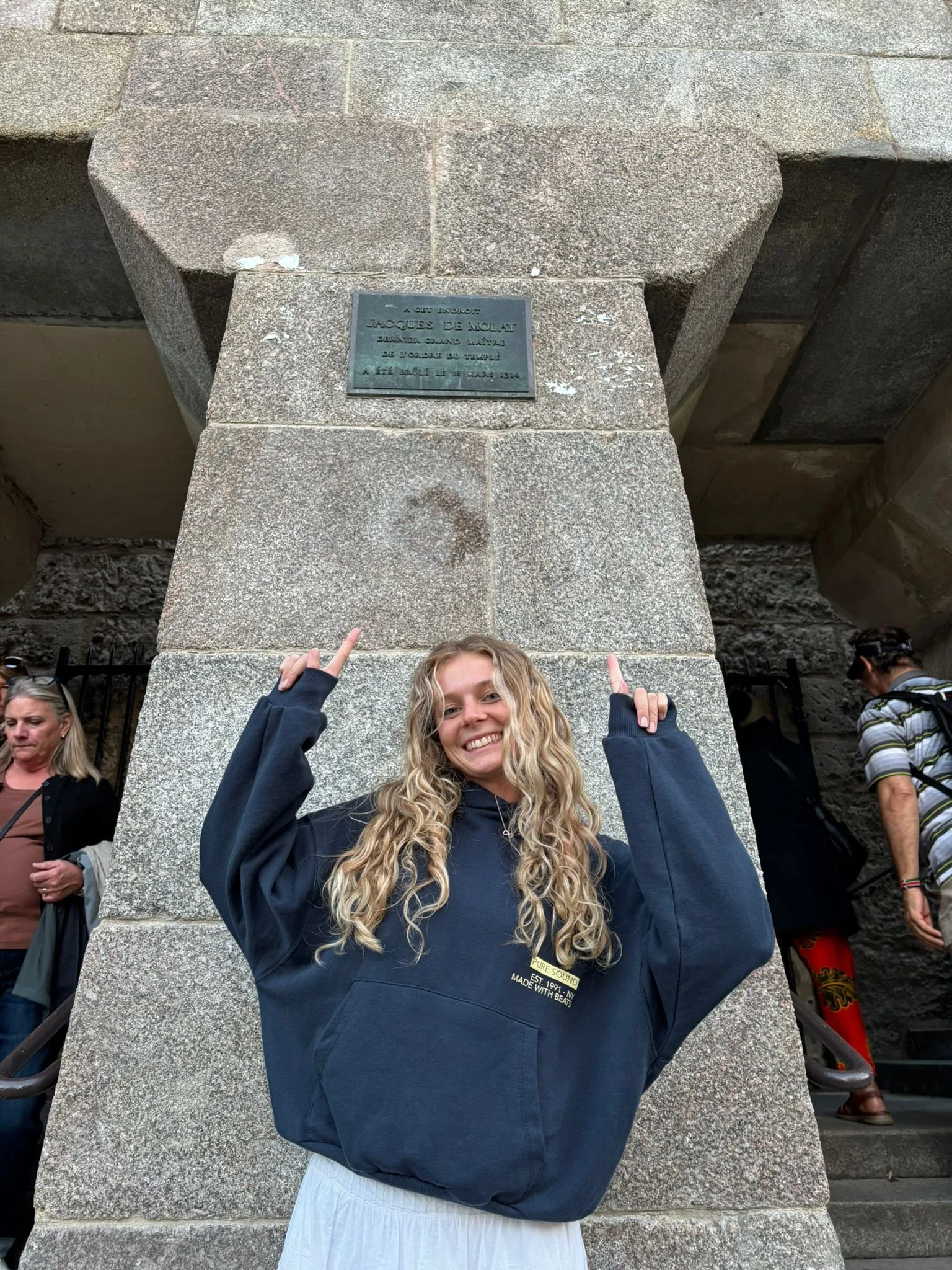
The Last Grand Master - Jacques De Molay
Jacques de Molay, the last Grand Master of the Knights Templar, led the Order during its most turbulent years. Arrested under false charges, he was executed in 1314, defying his accusers and leaving behind a legacy of courage, legend, and controversy that still captures imaginations today.
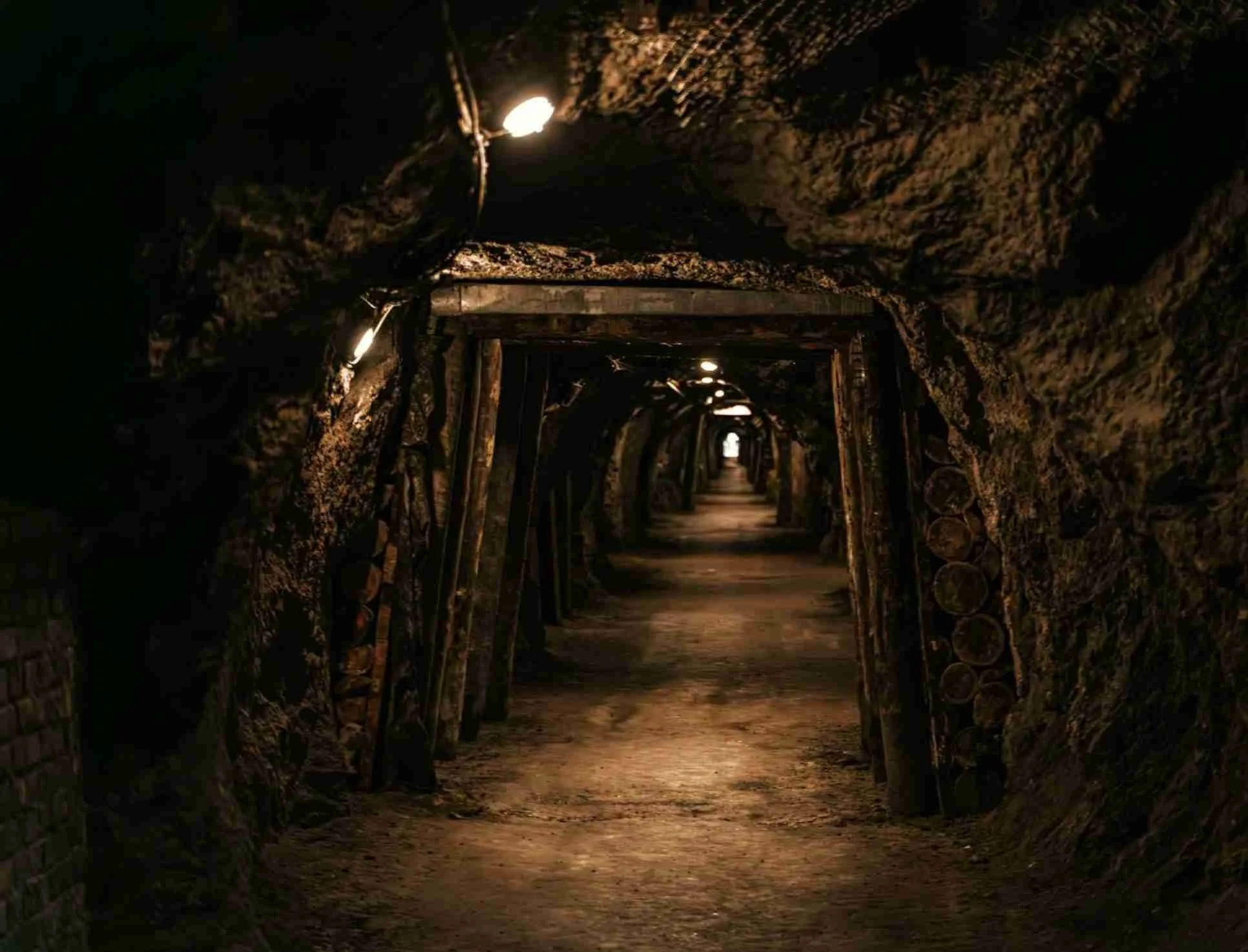
Medieval Sappers and the Secret Tactics of Siege Warfare
Long before gunpowder ruled the battlefield, medieval sappers worked in silence beneath castle walls—digging, burning, and collapsing mighty fortresses from below.

King Dinis of Portugal: The King who created a new Order
King Dinis I of Portugal wasn’t your typical medieval monarch. He planted forests, wrote poetry, and laid the legal and cultural foundation for modern Portugal. Learn how this remarkable king shaped a nation through peace, education, and vision.
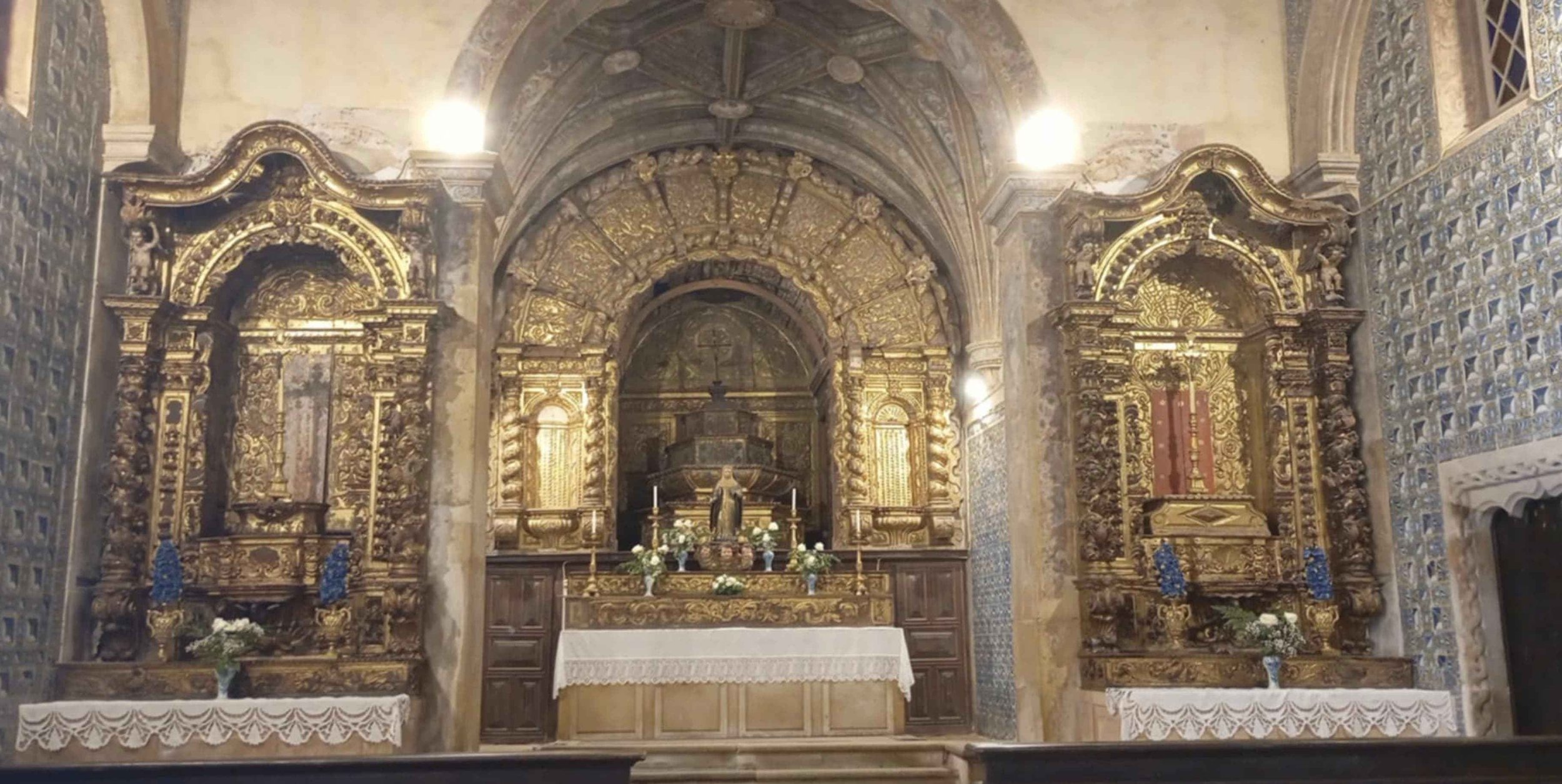
Santa Iria - The Legend of Tomar
Discover the legendary story of Saint Irene of Tomar, a 7th-century Christian martyr whose devotion and tragic death left a lasting legacy in Portuguese history. Venerated as the patron saint of Tomar, her legend lives on in tradition and faith.
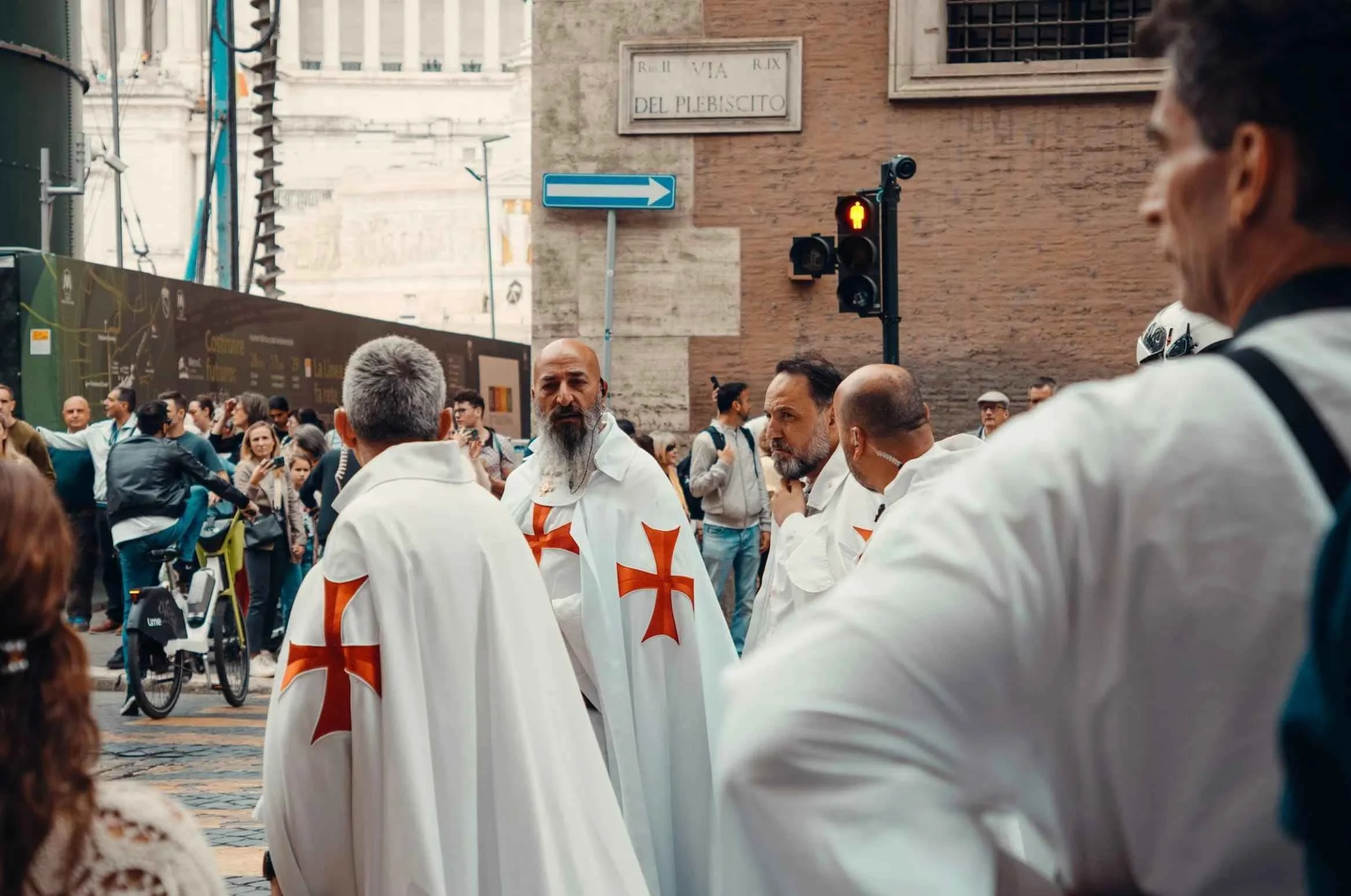
The Templar Knights and Their Role in the Crusades
Who Were the Knights Templar?
The Knights Templar were a powerful military order founded in the 12th century to protect Christian pilgrims in the Holy Land. Over time, they became legendary warriors in the Crusades, defending key territories and developing one of the earliest banking systems in Europe. Their rise and mysterious downfall continue to intrigue historians and travelers alike. Explore their legacy and uncover how this iconic brotherhood helped shape the medieval world.

Festa dos Tabuleiros: Tomar's Vibrant Festival Tradition
Experience the Magic of Tomar’s Festa dos Tabuleiros
Held every four years in the historic city of Tomar, the Festa dos Tabuleiros (Festival of the Trays) is one of Portugal’s most breathtaking and meaningful cultural traditions. Women dressed in white carry towering trays of bread and flowers on their heads through streets blanketed in handmade floral carpets, while the entire town transforms into a living celebration of faith, community, and heritage. With roots stretching back to ancient fertility rites and deeply tied to the Christian Cult of the Holy Spirit, this remarkable event unites past and present in a dazzling display of devotion and unity. Don’t miss your chance to witness this unforgettable festival — a true treasure of Portuguese tradition.

The Epic Trebuchet: A Historical Siege Weapon
Trebuchet History & Design – Explore Medieval Siege Weapon Power
The trebuchet was one of the most formidable siege weapons of the Middle Ages, capable of hurling massive projectiles with incredible force. Powered by gravity and precision engineering, this medieval marvel revolutionized warfare. Explore how trebuchets were designed, operated, and used to breach castle walls—and why they remain a symbol of military ingenuity today.
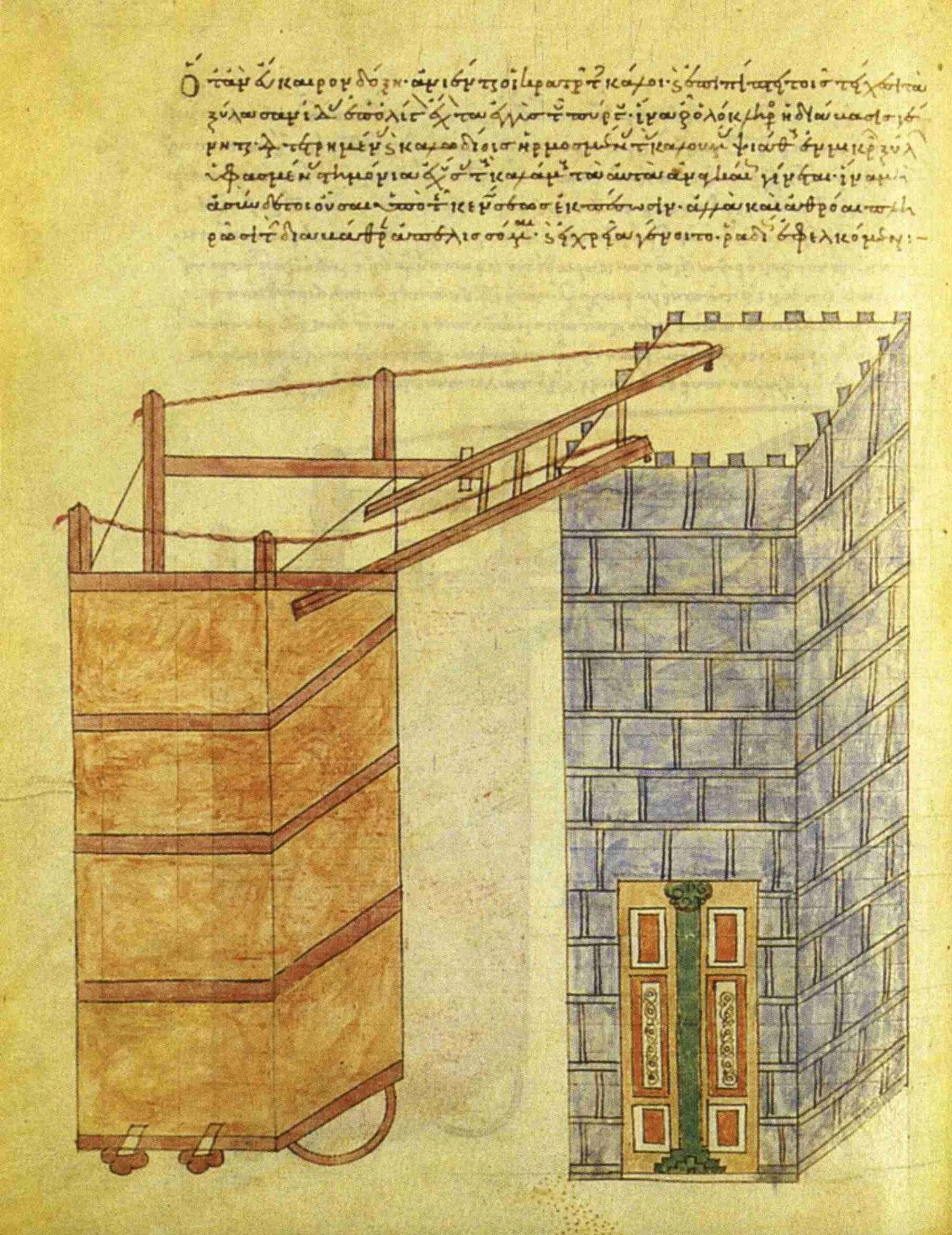
Discover the History of Medieval Siege Towers
What Were Siege Towers?
Siege towers, or belfries, were towering wooden war machines built on wheels to breach castle defenses. Designed to match or surpass the height of fortress walls, these mobile structures protected soldiers from enemy fire while allowing archers to attack and infantry to storm walls via a drawbridge platform. Discover how siege towers changed medieval warfare with their innovative design and strategic use.

Uncovering the Legacy of Tomar's Pillory
The Pillory of Tomar: A Historic Monument of Templar and Maritime Legacy
Discover the Pillory of Tomar, a historic monument closely tied to the Knights Templar and Portugal’s Age of Discoveries. Situated near the iconic Convent of Christ, this 18th-century pillar features the armillary sphere, symbolizing King Manuel I’s maritime achievements. Dive into the rich history and cultural significance of one of Portugal’s most treasured landmarks.

The Fortunes of João I’s Illegitimate Children:
The Fortunes of João I’s Illegitimate Children: Afonso of Braganza & Beatrice of Portugal
King João I of Portugal, before his celebrated marriage to Philippa of Lancaster, fathered two notable children with Inês Pires, Afonso, later Duke of Braganza, and Beatrice, Countess of Arundel and later Countess of Huntingdon. Though born out of wedlock, both children rose to prominence in Portugal and abroad, each following a very different path through history.

